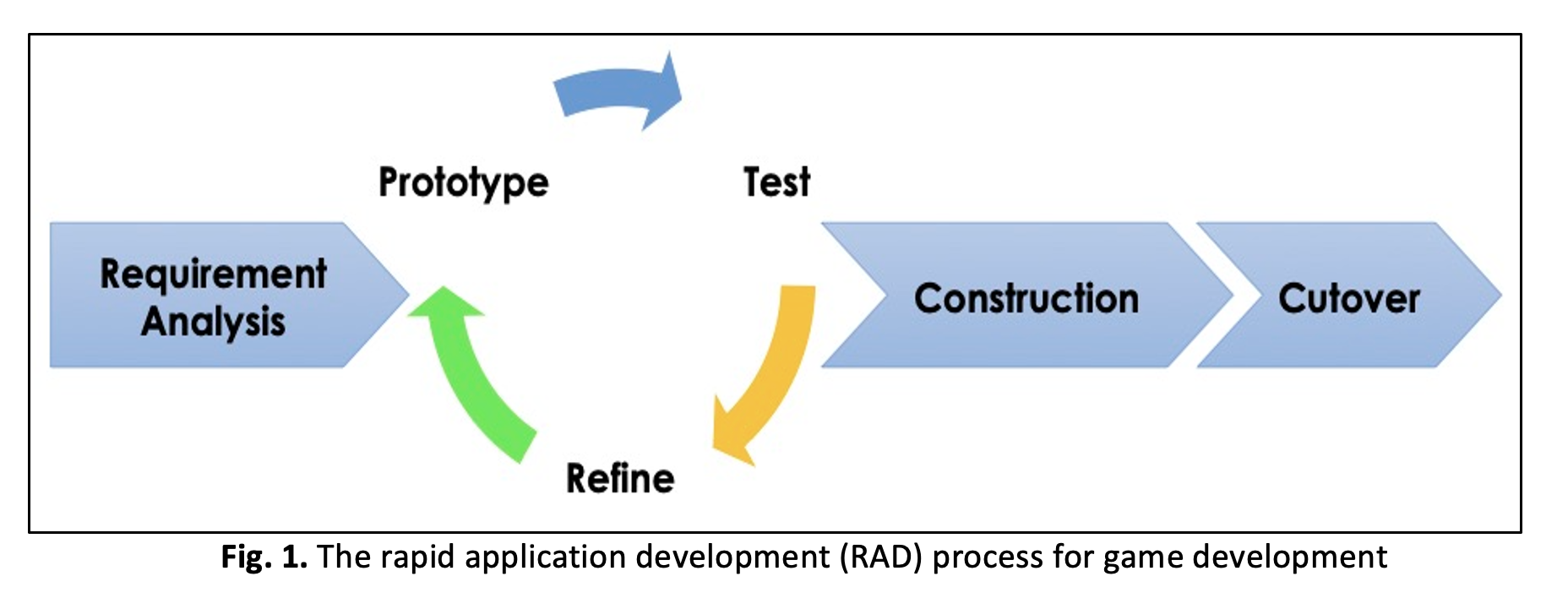Pantas.io: Game-Based Learning to Cultivate Programming Skills for Primary School Students
DOI:
https://doi.org/10.37934/araset.50.1.178190Keywords:
Programming, Game Based Learning, Primary SchoolAbstract
Programming is considered as one of the serious subjects that requires skills such as planning and time management. With the rapid growth of the technology, programming is one of the most required talents worldwide. Yet, current trend shows that younger generation's lack of interests to pursue programming related subjects. This is due to fallacious idea that programming is a serious and complex subject. Nurturing "perceived serious subject" such as programming to younger students requires assimilations of a non-serious learning approach such as game-based learning. In parallel with the issue, the purpose of this study is to determine how well game-based learning could enhance student engagement and fundamental programming skills. A game-based learning application is created using Unity and C# language to evaluate advancements in a quasi-experimental setting using pre- and post-test questionnaires. This study utilizes pre- and post-test research design involving 30 year 4 students in selected school. The preliminary outcomes show an approximately 21.3 percent overall improvement in programming enthusiasm, coordination, planning, and time management abilities. The results support the main goal of the study, which is to adopt game-based learning to increase primary school pupils' motivation and develop critical programming abilities.
Downloads





























